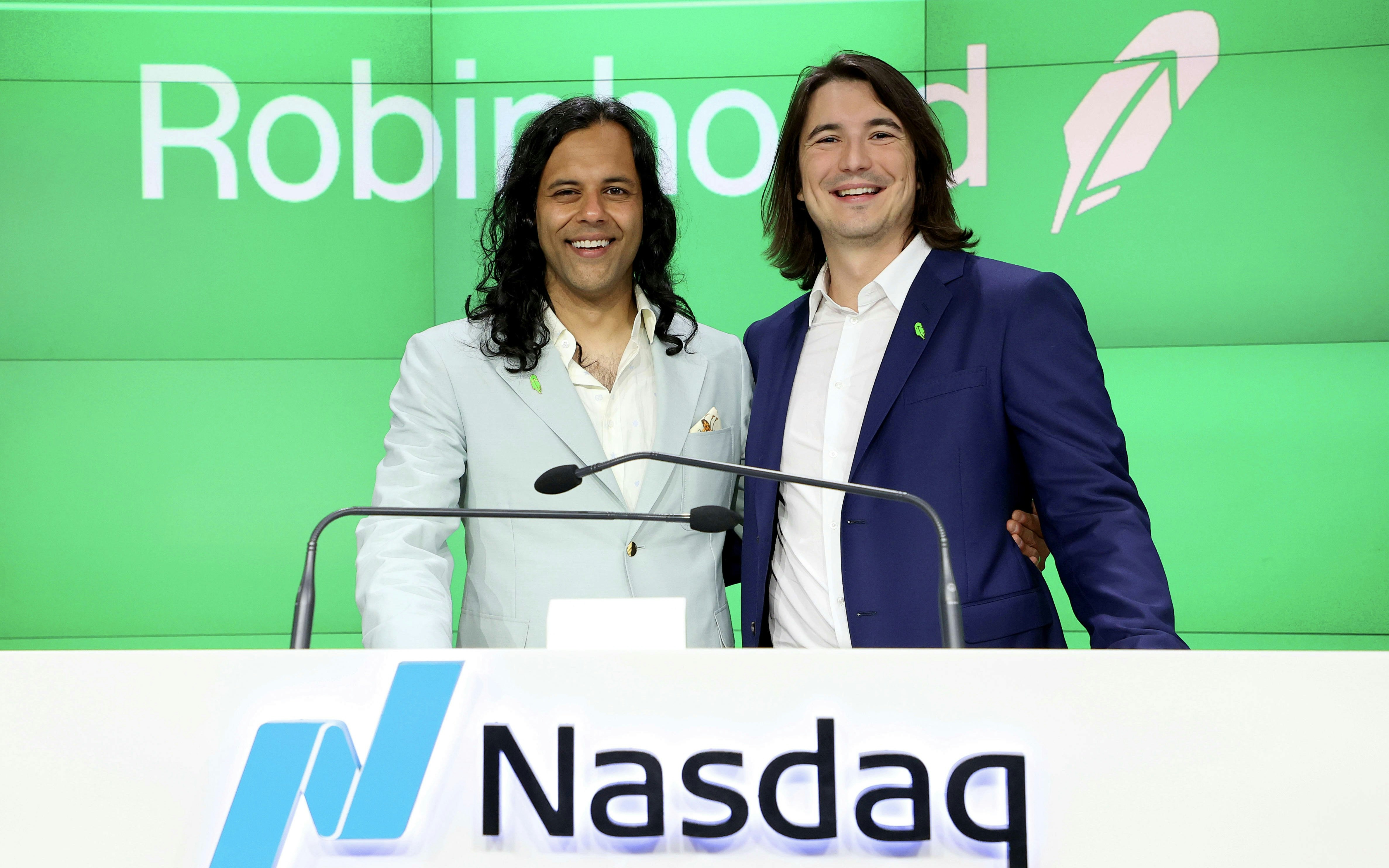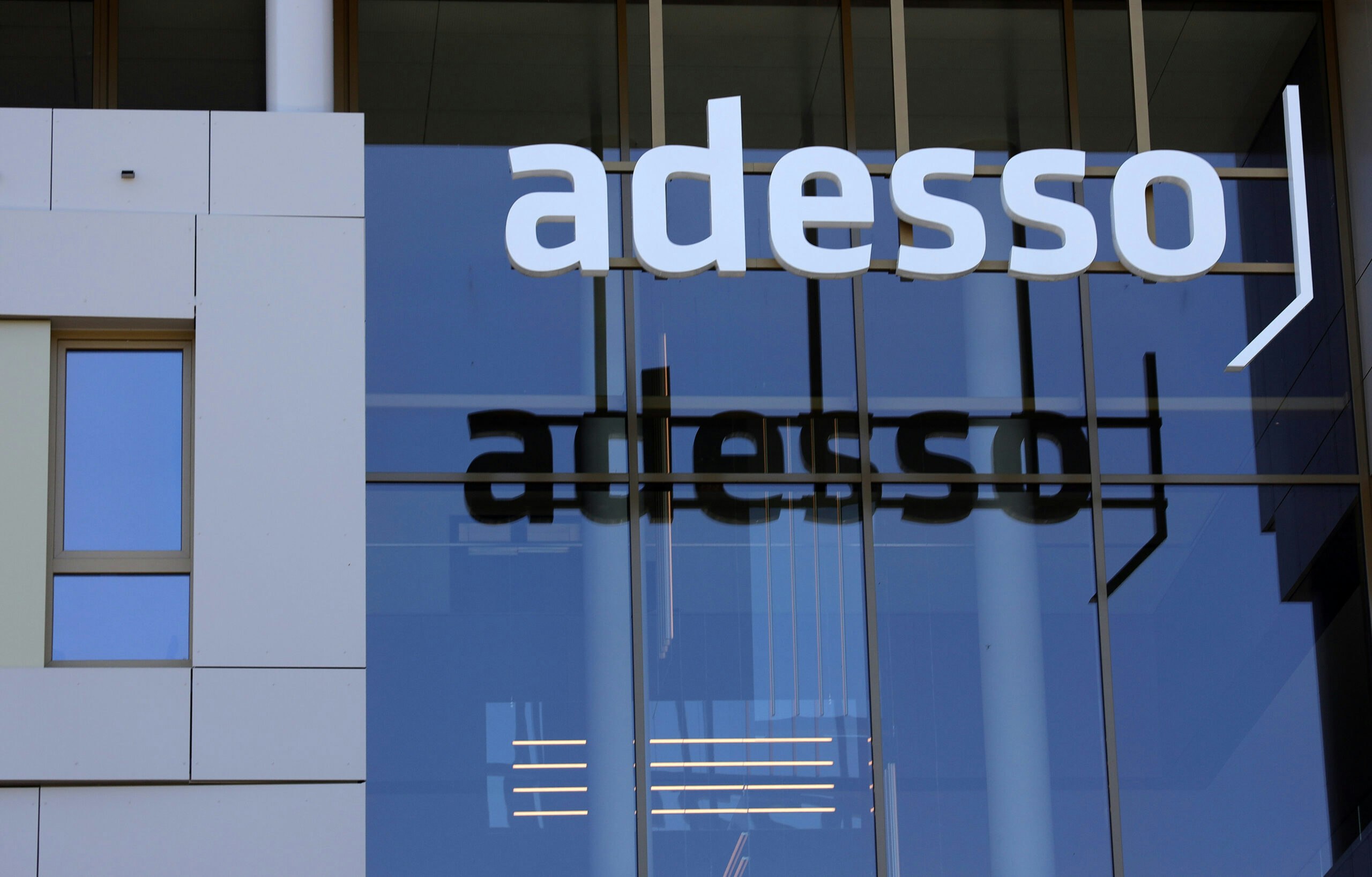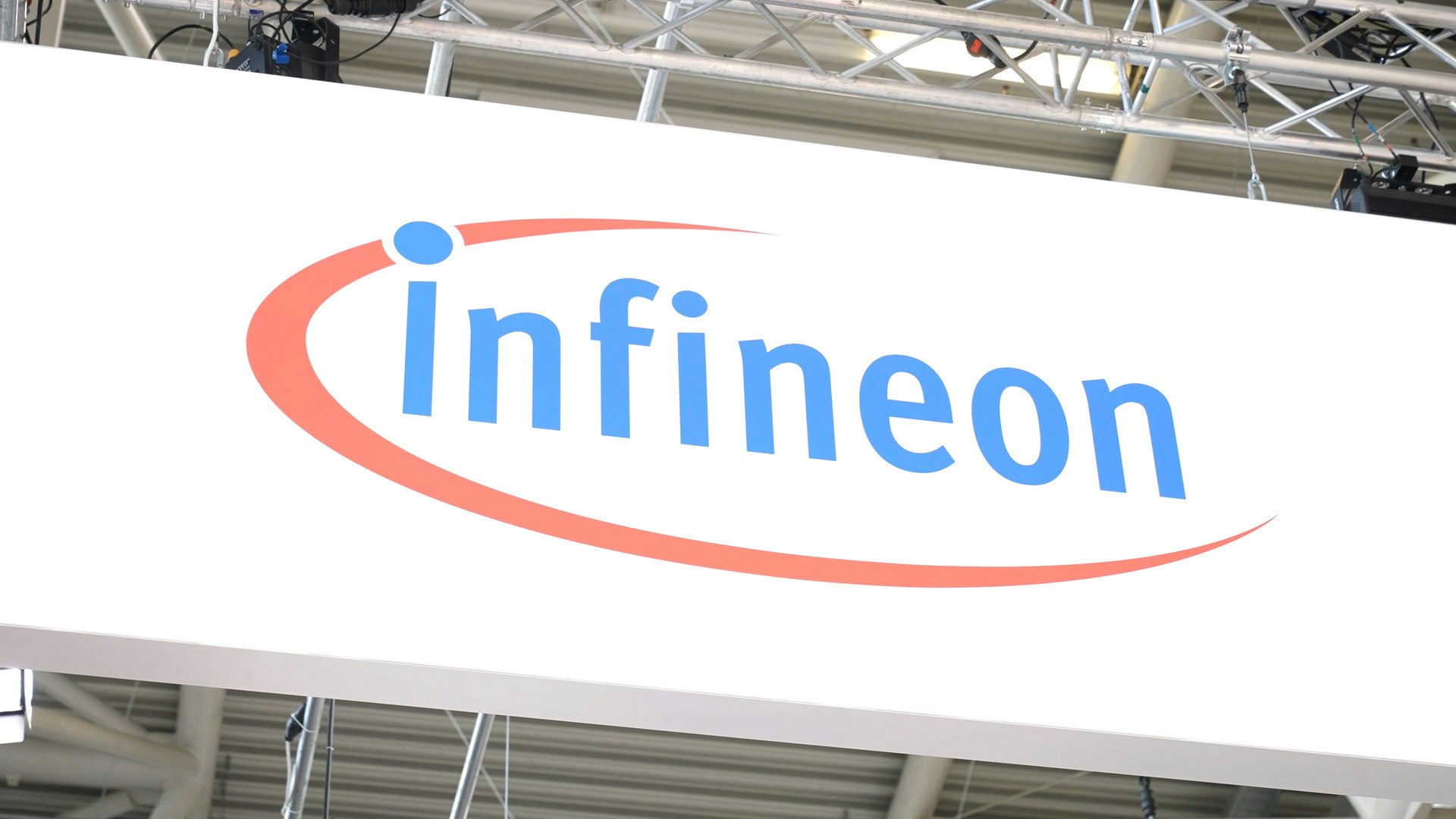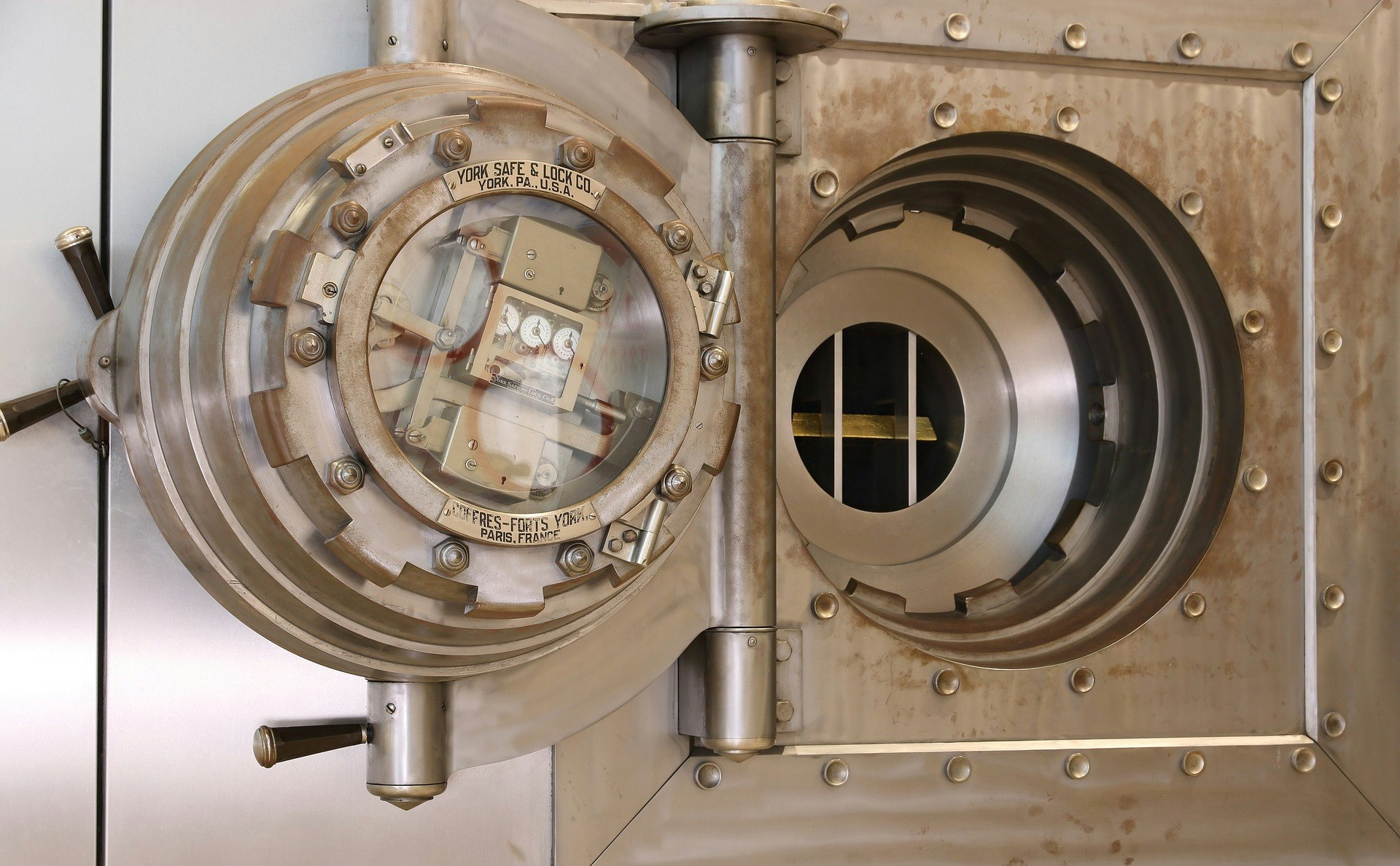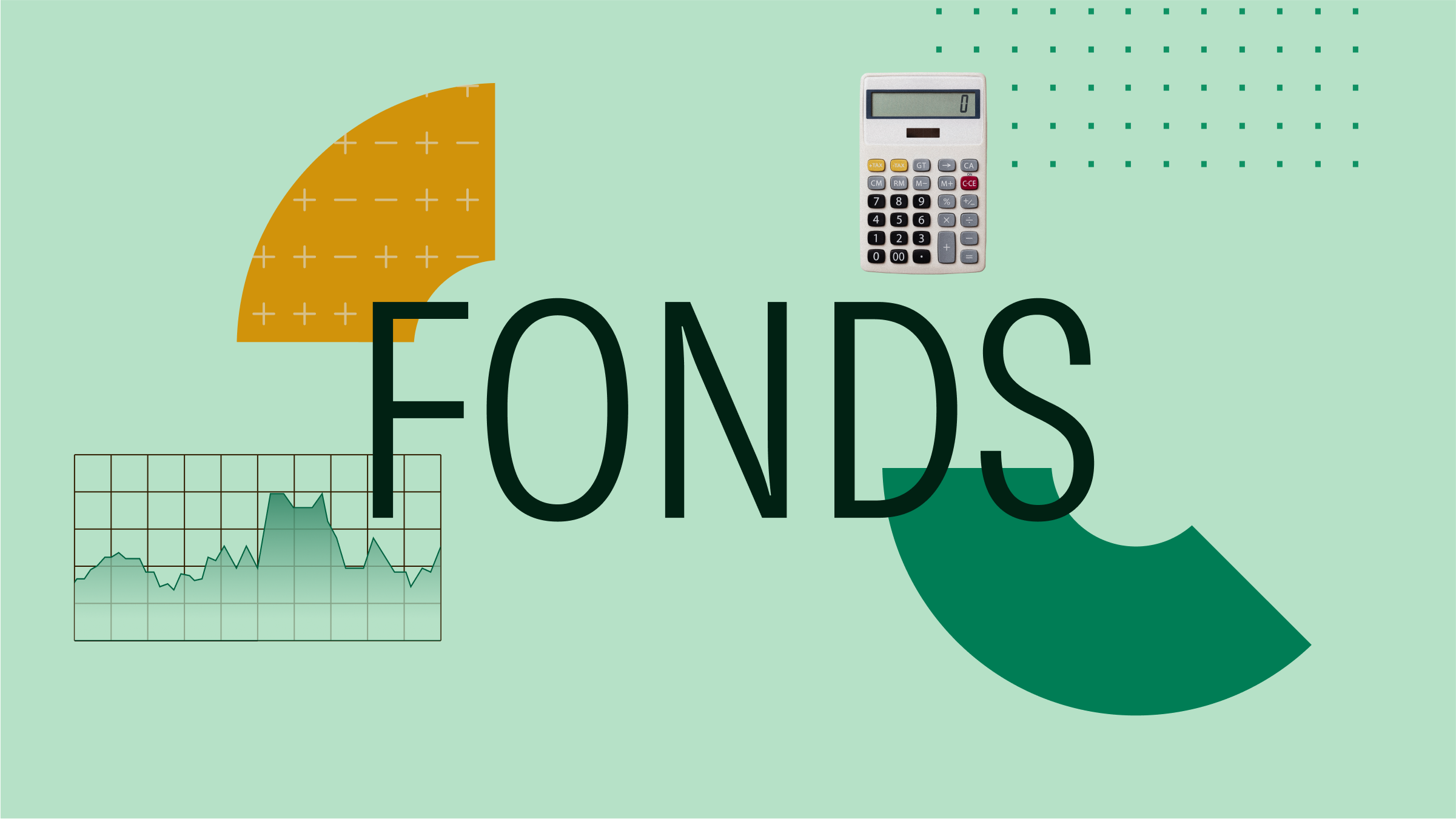OpenAI has clearly distanced itself from Robinhood's recently announced sale of so-called "OpenAI Tokens." These tokens, which are supposed to suggest to retail investors in the EU access to shares in private companies like OpenAI or SpaceX, have no connection to the company, OpenAI emphasized on Wednesday via its official X account. "These 'OpenAI Tokens' are not OpenAI shares," it says. They have not authorized Robinhood to participate in this initiative.
The background is Robinhood's initiative to make tokenized shares in private companies available to retail investors using blockchain technology. The platform promotes the products as a way to indirectly participate in high-growth companies that are not accessible on the regular capital market. Following the announcement of the project, Robinhood's stock temporarily rose to an all-time high.
OpenAI, on the other hand, points out that any transfer of company shares requires prior approval. This has not been given. "Please be cautious," warns OpenAI towards the investors.
Robinhood defends the offer as part of a "limited" campaign. The tokens are linked to a so-called Special Purpose Vehicle (SPV), which in turn holds shares in OpenAI, explained spokesperson Rouky Diallo. However, such constructs do not give investors direct access to company shares, but only to participation in the vehicle holding them. Their value can differ significantly from actual stock prices.
In its FAQ, Robinhood clarifies: Buyers do not purchase real shares, but blockchain-based tokenized contracts whose value is linked to the price of the respective shares. CEO Vlad Tenev defended the model nonetheless: "Our action lays the foundation for something much bigger." Even now, they are receiving support from other companies interested in tokenization.
Private companies traditionally react sensitively when third parties influence their valuations or access to their shares. Recently, Figure AI, for example, inundated brokers with cease-and-desist orders because they wanted to operate secondary markets for company shares. Even though the Robinhood case is legally different, it remains crucial for OpenAI to avoid creating a false impression about supposedly authorized shares.


